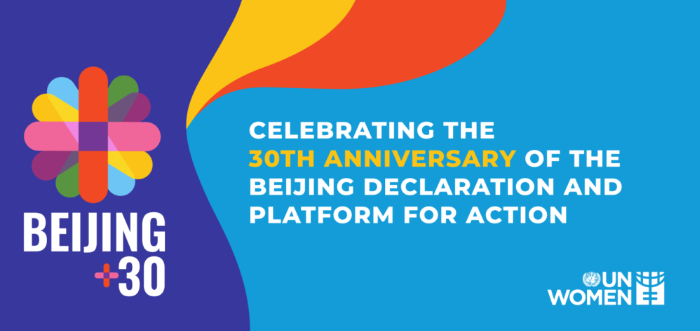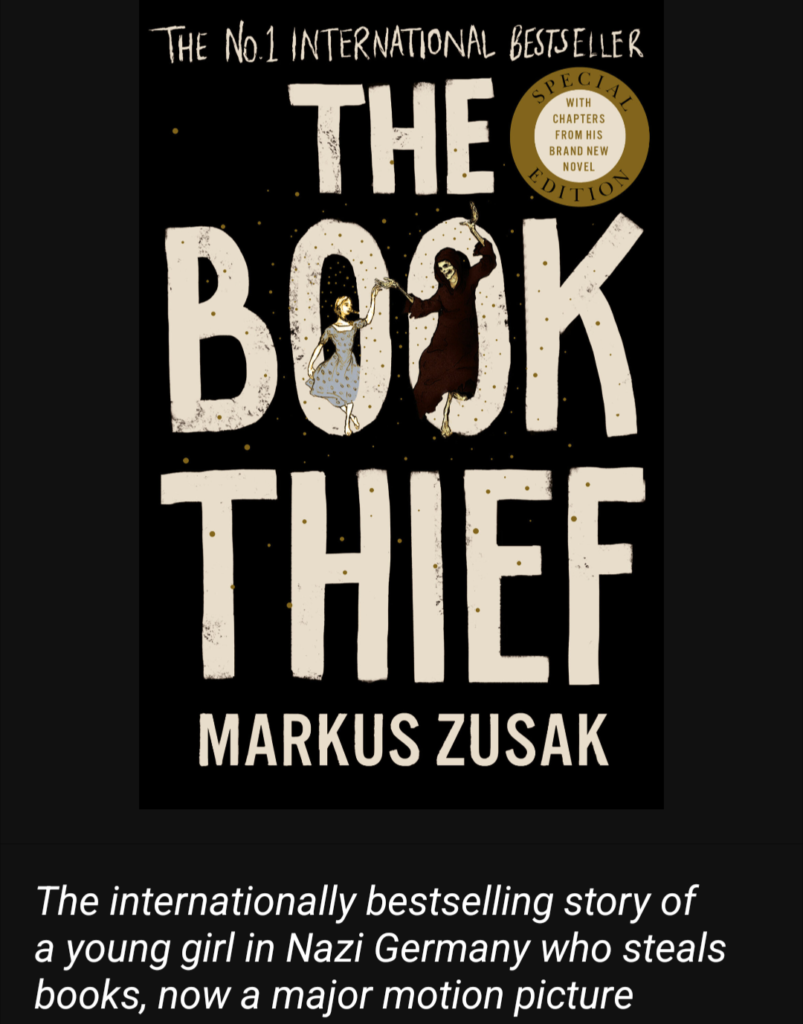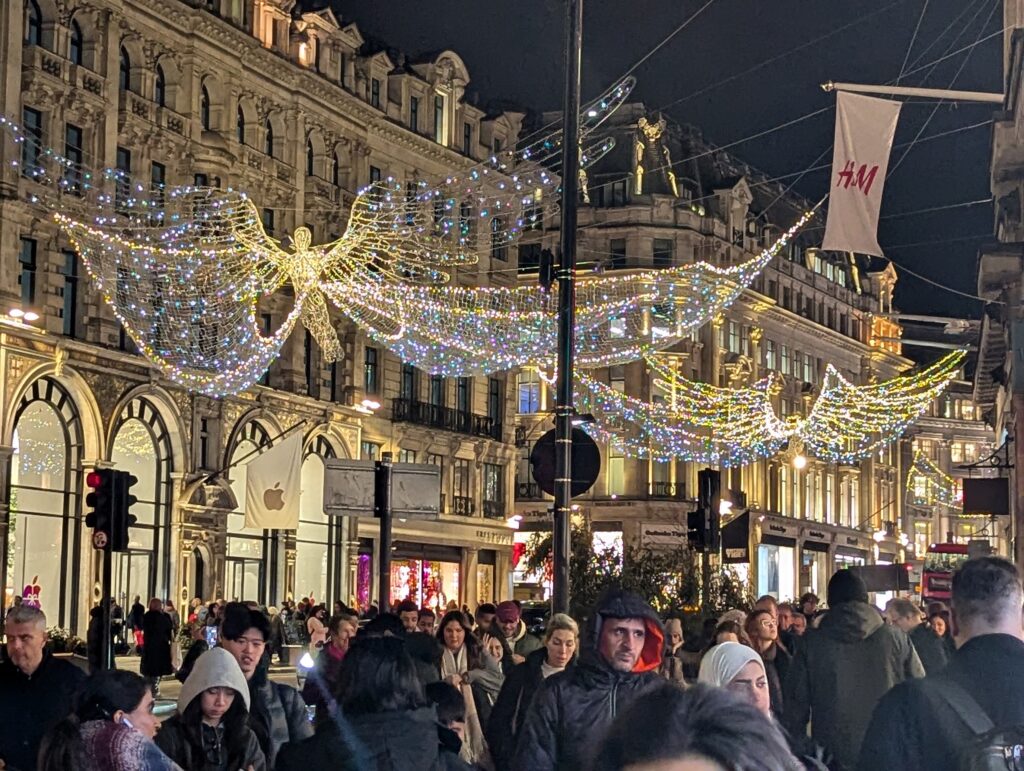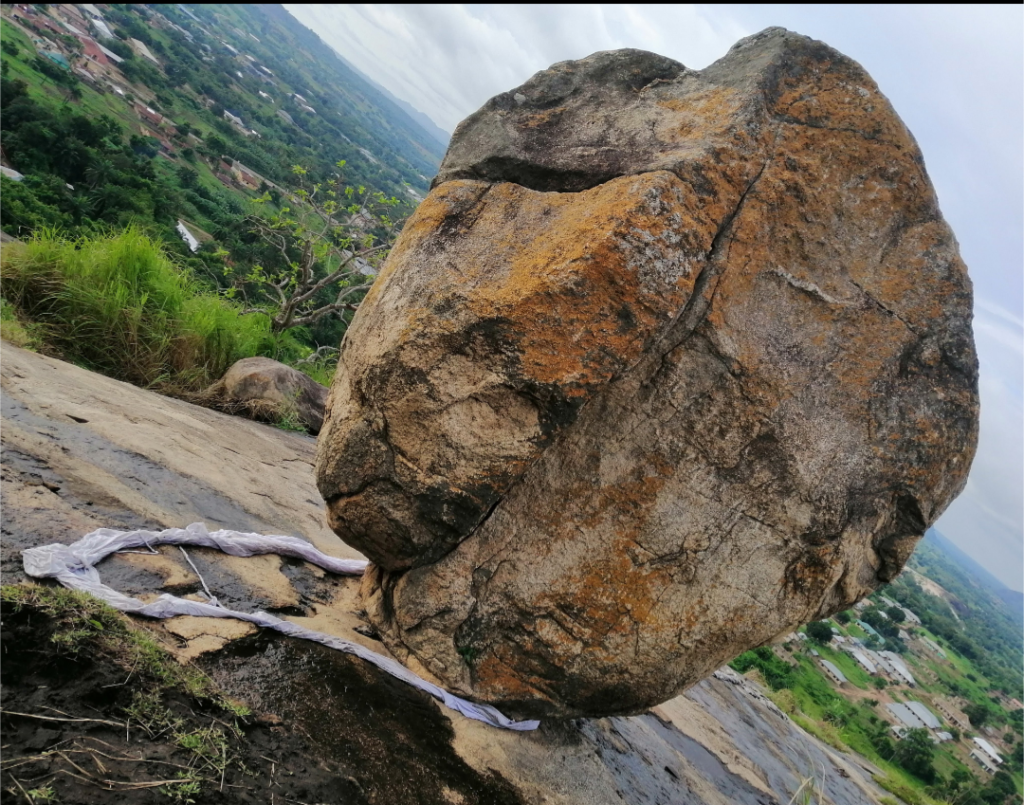Pope Francis Moves on

Jorge Mario Bergoglio may not ring a bell to you but Pope Francis will.
MARCH, Women’s Month, Women’s Issues & Women as Collateral Damages

March is recognised internationally as Women’s Month. This year, I was part of
Viewing life through the eyes of Mr Death

“It kills me sometimes how people die” says Death compassionately as he marches along
Join Mr Death as he narrates his side of the story through this Nazi German streets in WW2
what signifies a new season for you?

Two days ago, I walked past a florist and noticed something unusual.
Stepping back, I peered into the cartons and
the dilemma of saving a life – The Christmas Story

The law was clear on adultery: stone both parties. (Leviticus 20:10). Eventually, patriarchal enforcers flipped it to – stone only the female. Father-in-law Judah, without blinking, passed the sentence on his widowed Daughter-in-law. (Genesis 38). The Pharisees swiftly sentenced the woman caught in adultery (John 8 ) So why did Joseph spare Mary? Instead of […]
the influencer who went viral and lost his life

This guy I follow. The baddest of Influencers. I call him Mr Loco. Because he is very weird. Met him offline before online became a thing. Very vociferous. Spares no one. Bucks the trend. Delights in annoying the establishment. “I do not care for my life. You are going to kill me anyway so I […]
nigerian idioms and preserving history

I began this series with the intent for it to; We kick off this with ‘Oke Mmiri N’ebu Ogbe’ = the hurricane which carries off landmarks Back in the villages, our streams served the same function as the ancient Roman baths. Besides the basic functions of bathing and laundromat, they also provided a safe space […]
